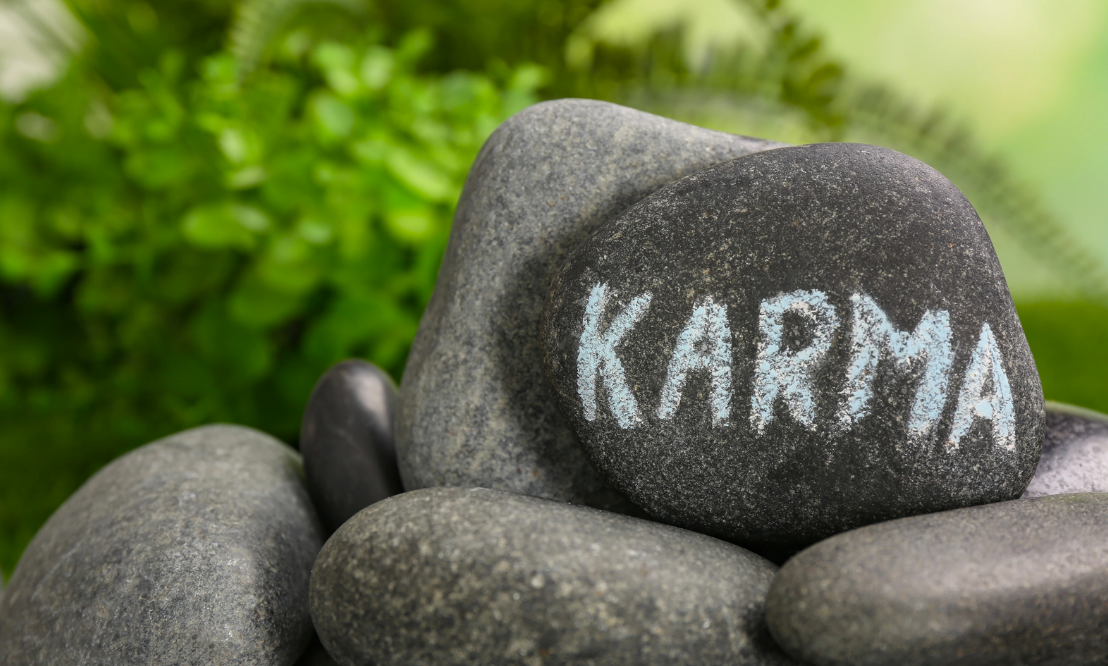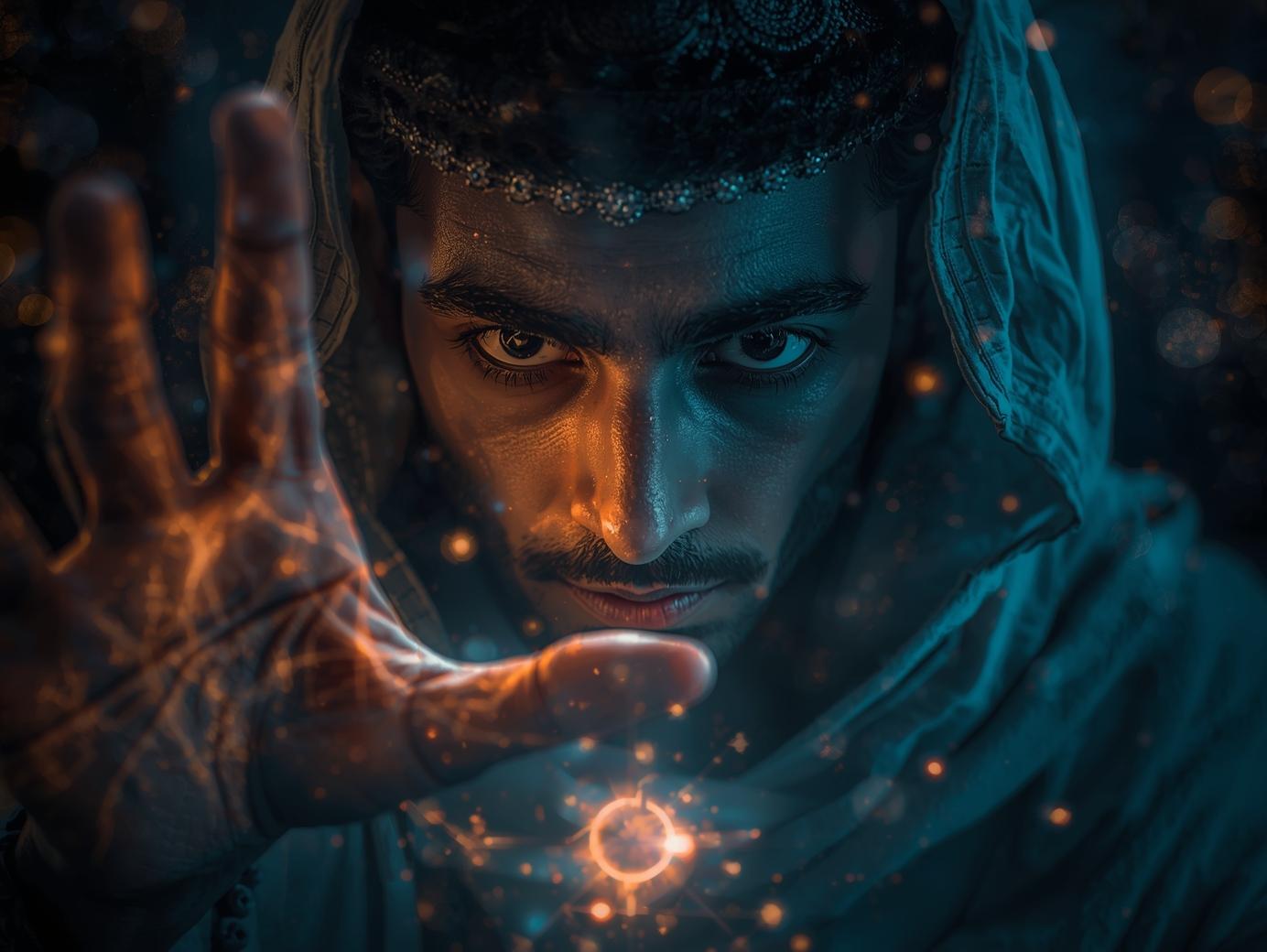Karma isn’t just something that comes to people when they do something bad, but karma is a part of reincarnation. Karma happens when you take actions or even when you set certain intentions. The results of karma isn’t considered good or bad, but it can be positive or negative depending on what you do.
Karma isn’t something that the universe sends just when someone does something wrong. It isn’t luck and it isn’t just chance. According to the Sanskrit word, karma is something that means, “action.” This is a spiritual thing that is like a cause-and-effect situation. The good things that you do and the good things that you think will cause there to be good karma that comes to your life. The same happens opposite, when you do something bad or think bad thoughts, bad karma can come.
Karma isn’t a consequence, so to speak, it is more like a law that the universe follows. According to religions such as Buddhism and Hinduism, people go through a cycle of birth and rebirth, and this will continue forever. As you go through these things, you pick up karma. This is sometimes called the karmic cycle. It can change what happens in your future, but it can also affect things in your present life.
When the soul moves on after the body dies, according to reincarnation, the karma will follow that life. This will be a product of what you did but also what you think or what intentions you have in your past lives.
Many religions believe that if you are reborn as an animal then this is a bad thing but if you are reborn as a human then you are closer to completing your karma. Samsara is a thought of someone wondering through life. You can get out of this when you reach Nirvana, which is your ultimate goal of enlightenment.
Once you deal with the karma that you have, you will see that you can have peace and joy. Your body will die and not ever be born again but you will be in perfection, according to Hindu and you will go with the universal God, Brahman.
Laws of Karma
According to how karma works as a law, it is gained by the actions that a person takes. It also sees the heart intentions so even if you think something negative towards someone, but you don’t do it, it can still build negative karma. Doing something accidentally won’t influence your karma nearly as much. But doing a good dead that has a negative intention will bring you negative karma.
It might sound confusing, but karma recognizes the phalas, which is the visible or invisible effect of karma that happens right away in your life and the samskaras which is the invisible effect that can help you to be happy or unhappy. This kind goes into your now and your future life.
Of course, karma isn’t the same for all religions and while some believe what is above, others believe that karma is just reaping what you sow.




The connection between karma and reincarnation is fascinating. I didn’t realize how intertwined they were.
I find the idea of reaching Nirvana and ending the karmic cycle quite profound. It gives a sense of ultimate purpose.
True, it definitely adds a spiritual dimension to our actions and their consequences.
It seems like the journey towards enlightenment is a continuous process through multiple lives.
I wonder how much control we actually have over our karma if intentions play such a crucial role.
Good point. It seems like mindfulness and self-awareness are key in managing karma.
Yes, it makes me think about how our thoughts and intentions shape our experiences.
Interesting explanation on how karma works beyond just good or bad actions. It adds depth to the concept.
The concept of phalas and samskaras was new to me. It’s intriguing how karma can be both visible and invisible.
I’ve always thought of karma as something more immediate, but this article explains its long-term effects well.
It’s interesting to see the difference in how karma is perceived across different religions.
I appreciate the detailed insight on karma’s impact on both present and future lives.
Yes, it helps to understand why certain things might happen in life based on past actions.